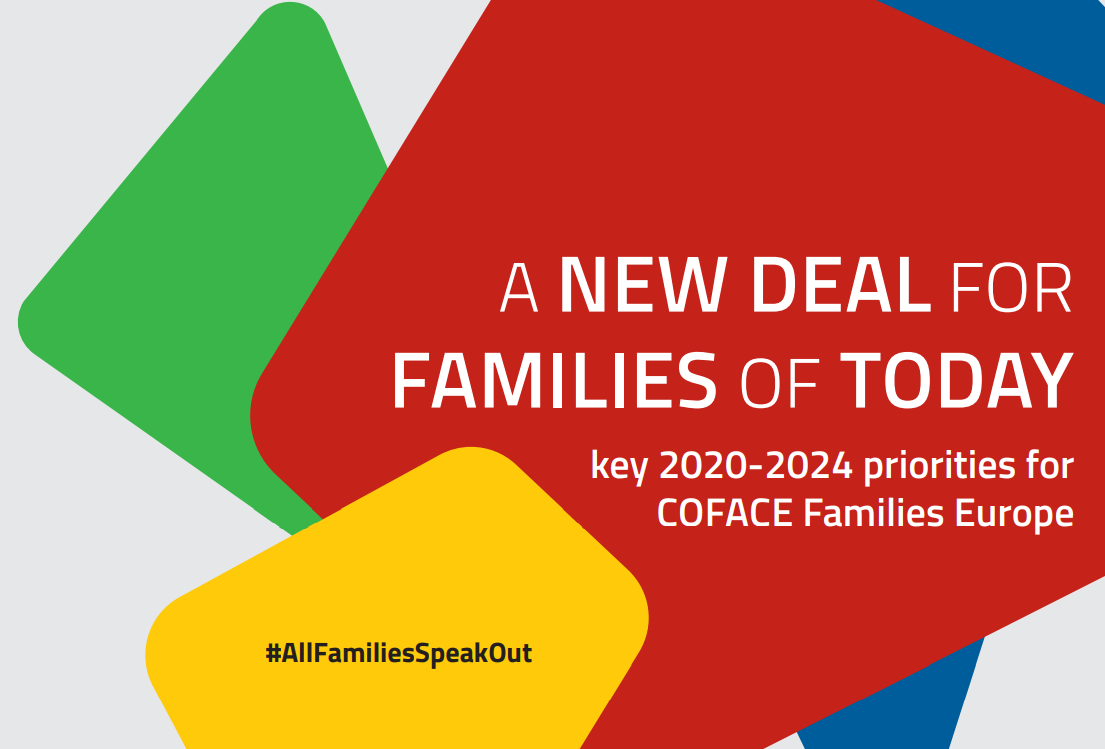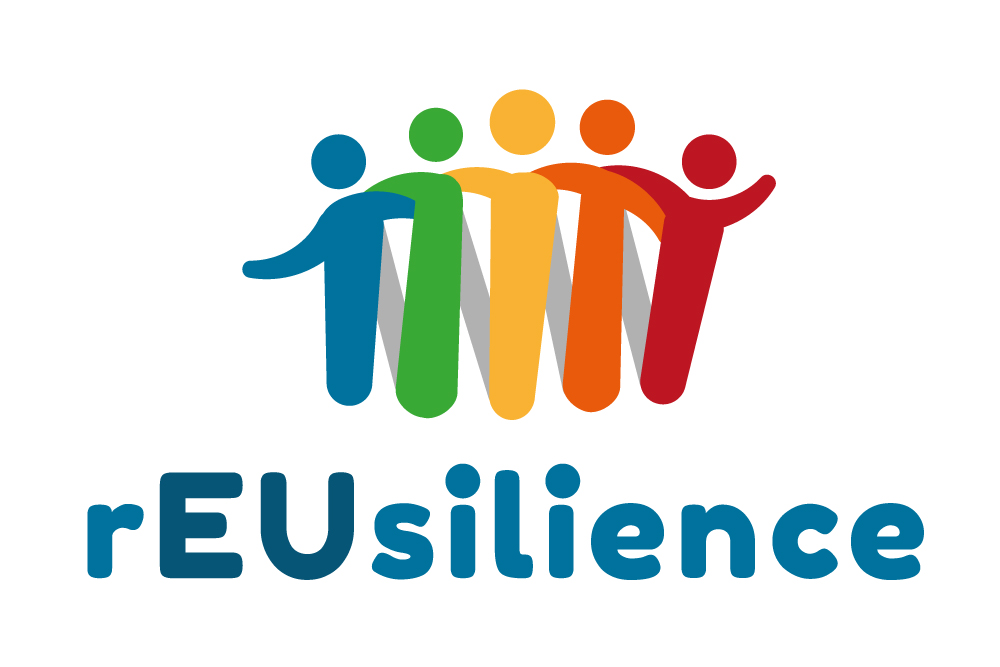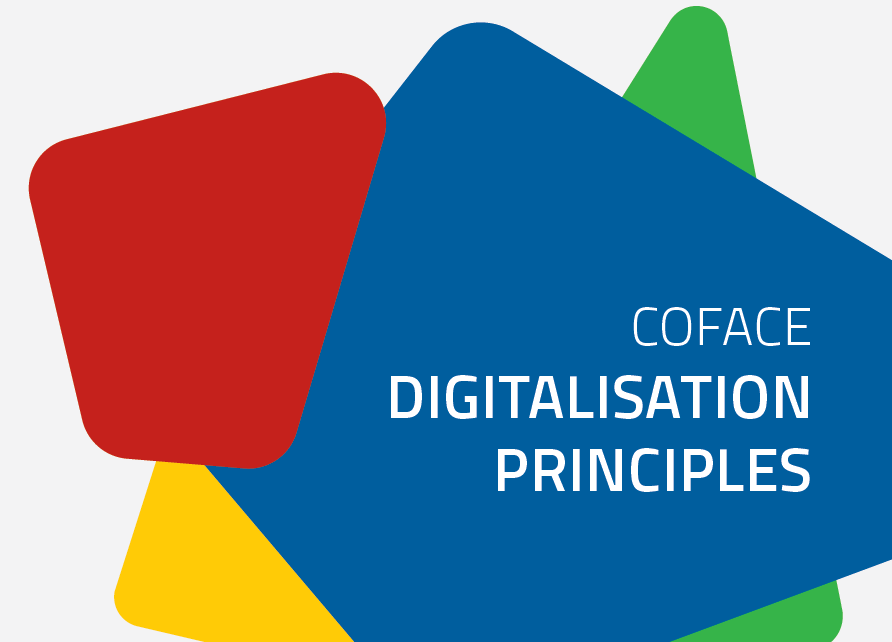According to Esping-Andersen’s “The Three Worlds of Welfare Capitalism” (1990) , there are three key players in the production of welfare: the state, the market and family. The demographic transition and evolving family patterns, coupled with low economic growth, increasing digitalisation of our lives and an ever-changing labour market, are all structural factors placing pressure on families. While fiscal consolidation reduces the resources available for social programmes, there is an urgent need to design welfare policies towards a smart social safety net based on access to adequate resources, services and time.
COFACE Families Europe is ready to address these challenges in partnership with the European Union, in an attempt to find sustainable and lasting solutions for the future. We are ready for a serious cross-party rethink of democratic public policy and budgets to make the economic system work for society. This list of key short-term demands to be achieved by the new European Commission from 2020-2024, are to be seen as concrete steps to meet the long-term goals of the European Pillar of Social Rights and the 2030 Sustainable Development Goals.
They reflect the needs and challenges of families of today and call for a mix of European actions (policy, law, funding, benchmarking, innovation) to drive real change. These recommendations are addressed at EU-level policy-makers in the European Commission, European Parliament and Council of the EU, from whom we expect joint leadership to ensure tangible results for Europe’s citizens in the next 5 years. It is on this basis that we will measure and monitor the results of European Union actions.
I. A Europe recognising ALL family forms without discrimination.
II. A Europe which believes in equal opportunities for all families, with a special focus on equality between women and men, as a cornerstone for achieving reconciliation between family and professional life.
III. A Europe which invests in child well-being, shaping a healthy society, environment and economy fit for children.
IV. A Europe which promotes the participation of all families and children, with a special focus on persons with disabilities and their families to all areas of life.
V. A Europe which empowers all families and gives them a voice to act as citizens, consumers, and workers, with strong support for European and national civil society organisations.
VI. A Europe which harnesses the transformative power of technology and promotes an Internet for All.
VII. A Europe which tackles poverty and social exclusion of families and their members, through access to resources and community-based services.
VIII. A Europe which promotes intergenerational solidarity, with full support and recognition of the role of family carers.
IX. A Europe which respects human rights and advances the rights of ALL families and their members.
X. A Europe which makes the 2030 Sustainable Development Goals a reality.





